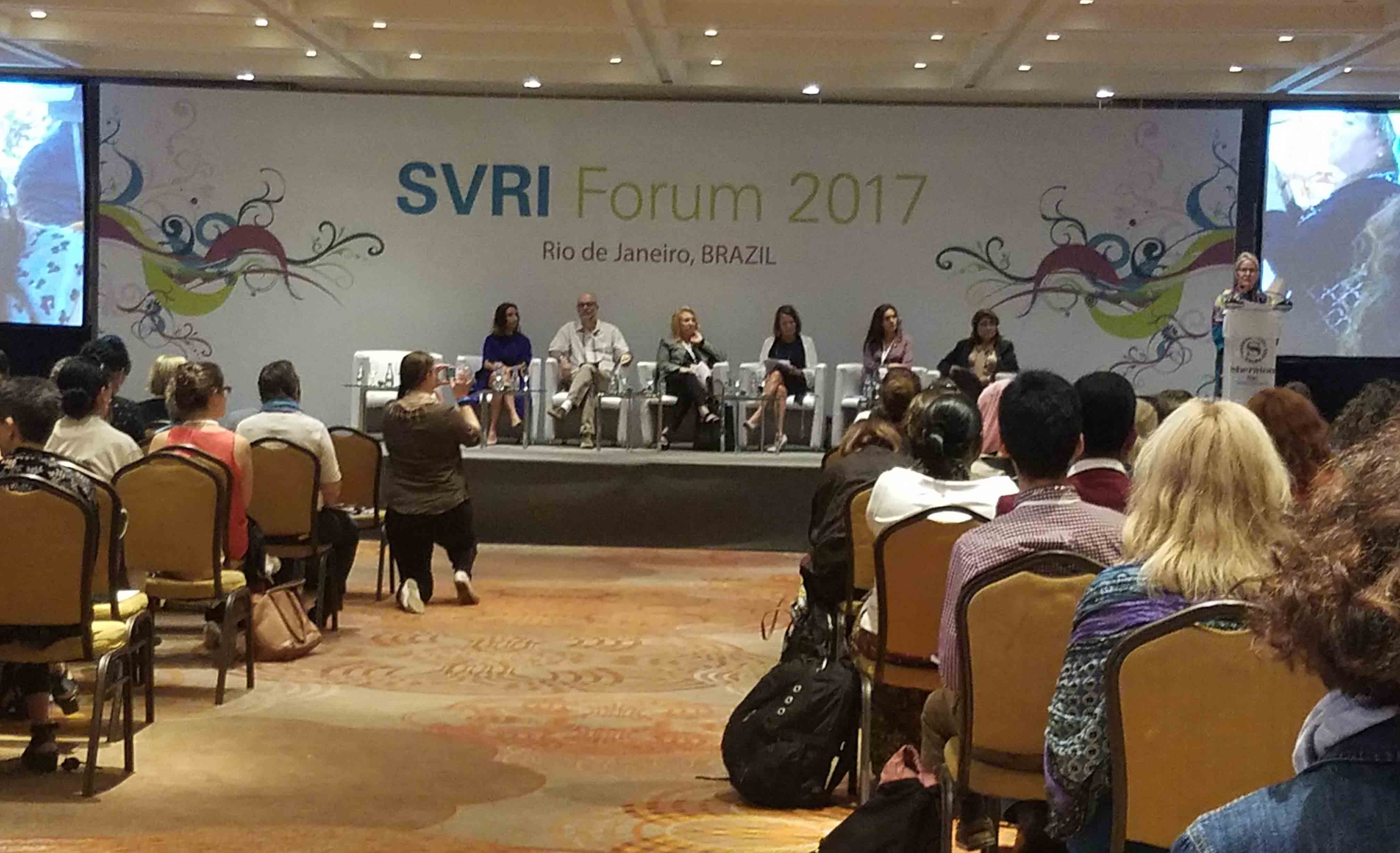
The Democratic Republic of Congo has a long and turbulent history of violence and instability that spans over a century.
As a result, sexual and gender-based violence, or SGBV, has become prevalent, particularly in the country’s Eastern region where it has impacted an estimated 39.7 percent of women and 23.6 percent of men.
The USAID-funded Ushindi program, implemented by IMA World Health, is a collaborative effort that provides a comprehensive package of services to SGBV survivors focusing on medical, emotional, psychological, legal and socio-economic needs. These services have benefitted over 27,000 survivors in Eastern DRC and the findings from research studies on the program and the effectiveness of its activities have been documented in order to guide and shape future interventions in the region.
Two of these studies will be presented at the Sexual Violence Research Initiative Forum in Rio de Janeiro this week.
“This is one of the first documented programmatic experiences with this comprehensive approach – four components – in a conflict or post-conflict setting,” says Cudjoe Bennett, DrPH, MPH, IMA’s monitoring and evaluation advisor who will be presenting at the forum. “This adds to the global body of literature for the effectiveness of a comprehensive model.”
Some of the highlights from Bennett’s presentation include the newly implemented psychosocial approach Cognitive Processing Therapy, or CPT. He says the approach has shown promising results. Further research indicates Village Savings and Loan Associations help survivors, especially women, to rejoin their communities through economic empowerment. VSLAs consist of small groups of villagers that come together and save money to be used for small loans taken from these savings.
In a country marred by conflict and instability, where SGBV is perpetrated not only by armed groups but also by community members, the complexity of the issue requires a multipronged approach. The Ushindi program has integrated these factors into its approach to addressing SGBV because of the serious medical,psychological, and socioeconomic outcomes it has for survivors and communities.
“The unique nature of the program is that it is a four-component, comprehensive model,” Bennett said. “Most other programs that we’ve seen in the literature focus on fewer components.”
Although addressing the issue from a political, security and social standpoint is important so is the support, healing and reintegration of its survivors. Sharing the findings from these studies and documenting the successes of a comprehensive model will go a long way in serving survivors in DRC as well as in other, similarly affected areas.
IMA’s Senior Technical Director, Mary Linehan, will also be presenting the research findings on Sept. 25 at a Gender-Based Violence Task Force of the Interagency Gender Working Group event in Washington D.C. Hosted by the Population Reference Bureau, the panel will consider the role of faith-based organizations, like IMA, in this work.
The hope is that through sharing knowledge and research, we can better serve these vulnerable populations and give them the health, healing and well-being that they desperately need and rightfully deserve.
Follow the forum on Twitter and Facebook using #SVRIForum2017.


